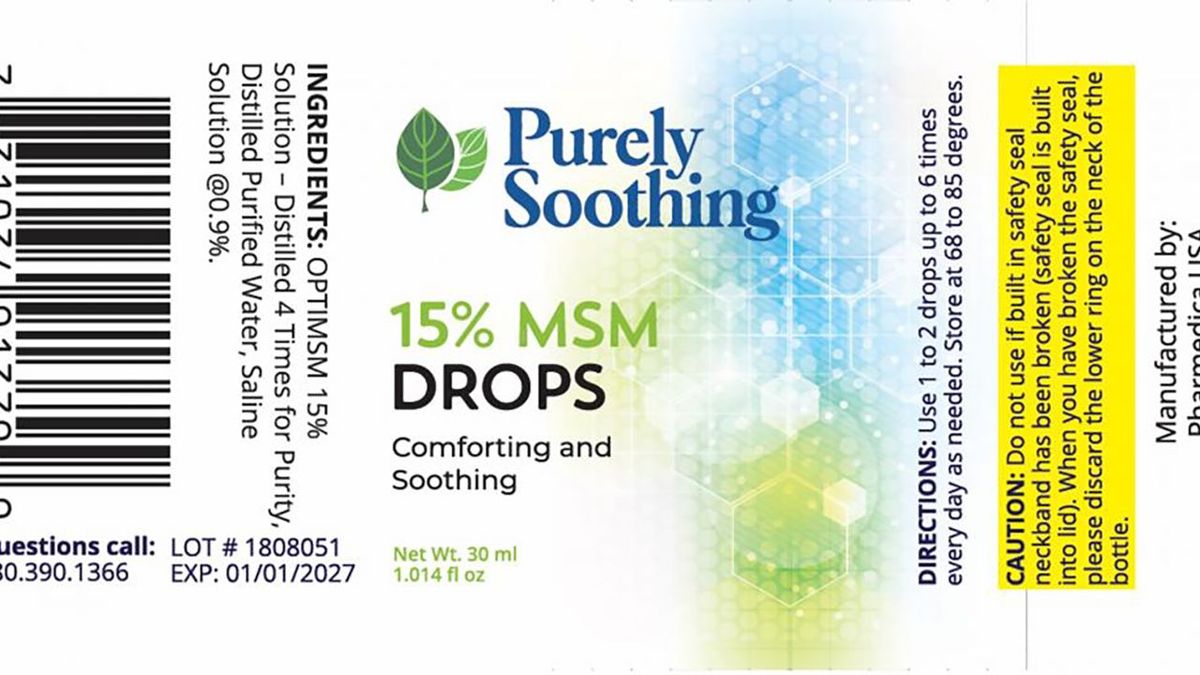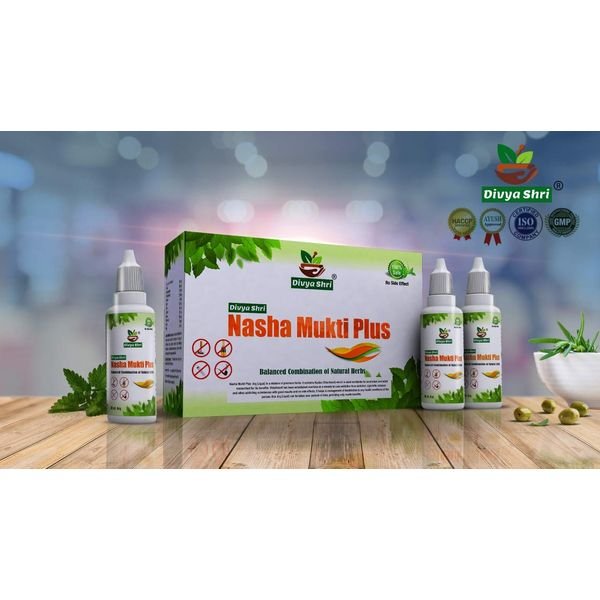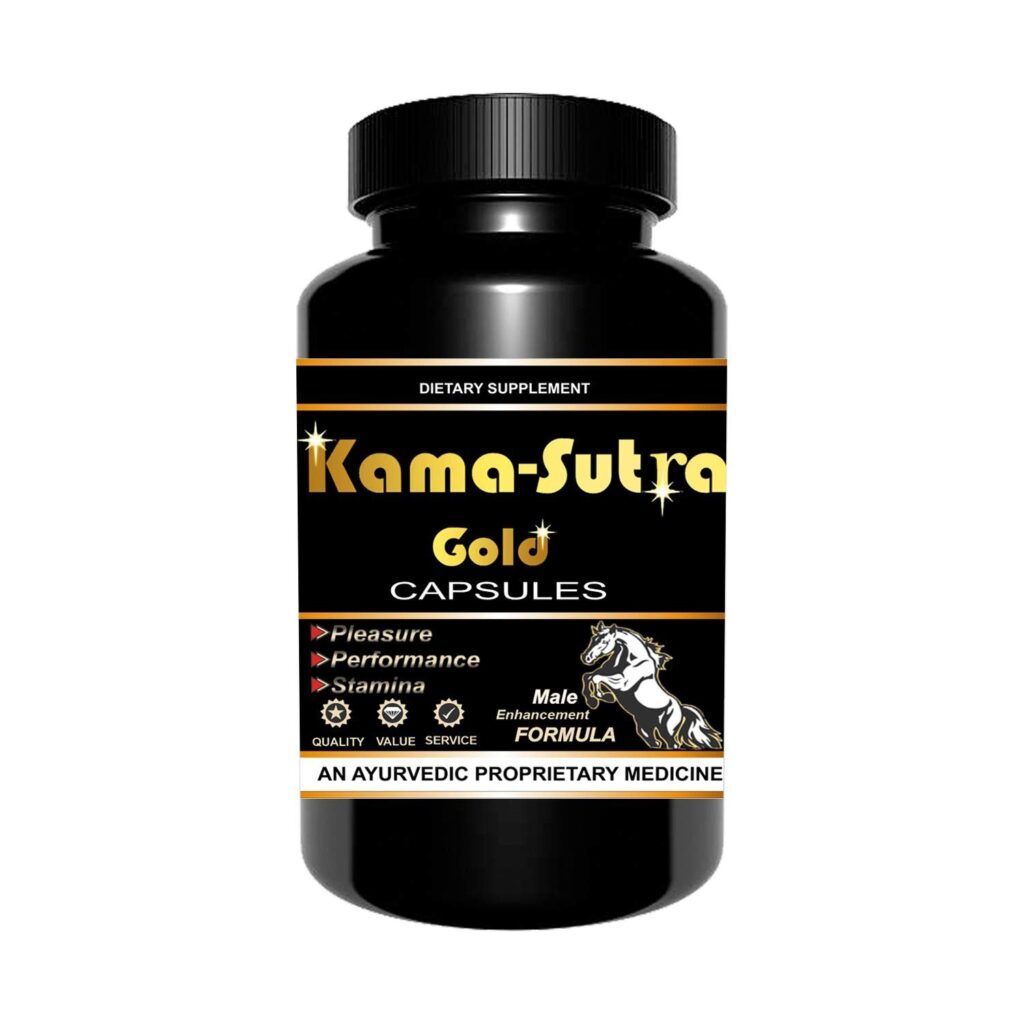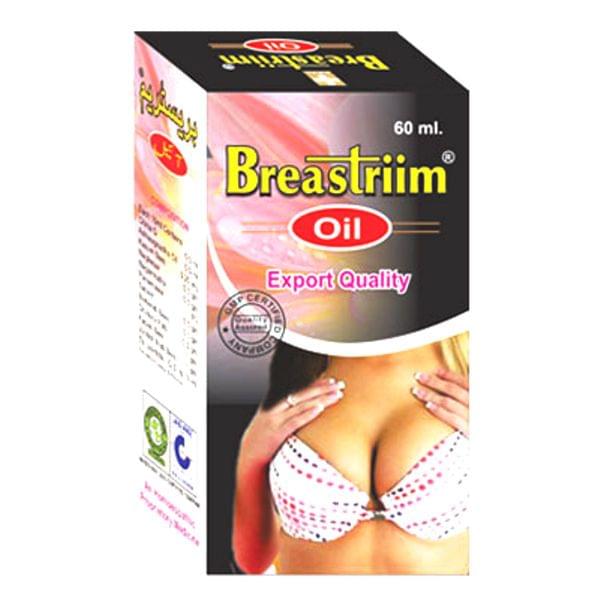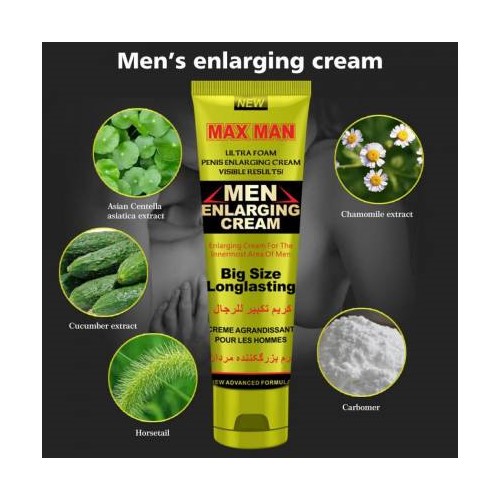Homeopathy is a holistic approach to health that has been applied to various conditions, including vision care. Homeopathic eye drops have gained attention as a natural alternative for enhancing eye health and treating various eye-related issues. This article delves into the world of homeopathy, specifically focusing on homeopathic eye drops, exploring their principles, scientific basis, types, user experiences, and how they can be integrated into daily routines for better vision care.
Key Takeaways
- Homeopathic medicine operates on the principle of ‘like cures like,’ and this approach extends to homeopathic eye care, offering a unique perspective on treating eye conditions.
- The active ingredients in homeopathic eye drops are typically derived from natural substances and are believed to work by stimulating the body’s natural healing processes.
- There is a wide range of homeopathic eye drops available, each targeting specific conditions such as dry eyes, allergies, and even supporting the management of cataracts and glaucoma.
- User experiences with homeopathic eye drops vary, with some reporting significant improvements in eye health, while others face challenges and limitations, highlighting the importance of individualized treatment.
- Incorporating homeopathic eye drops into a daily routine requires careful application and may often be complemented by other vision care practices, but it’s crucial to consult with a homeopathic practitioner for personalized advice.
Understanding Homeopathy and Vision Care
Principles of Homeopathic Medicine
Homeopathy is founded on the principle that ‘like cures like’, suggesting that a substance causing symptoms in a healthy person can, in small doses, treat similar symptoms in someone who is unwell. This concept is known as the Law of Similars. The potency of a homeopathic remedy is determined by its dilution and succussion, a process of vigorous shaking.
Homeopathic treatments are highly individualized, with practitioners selecting remedies based on a comprehensive assessment of the patient’s physical, emotional, and mental characteristics. The goal is to stimulate the body’s own healing response.
Homeopathic eye drops are designed to address specific eye conditions by invoking the body’s natural healing mechanisms without the use of harsh chemicals or invasive procedures.
While homeopathy is a holistic approach, it is important to integrate it with conventional medical advice, especially for serious eye conditions.
The Homeopathic Approach to Eye Health
The homeopathic approach to eye health is fundamentally different from conventional medicine. It focuses on the individual’s overall well-being, with the belief that the eyes are integral to the body’s entire health system. Homeopathy treats the patient as a whole, rather than just addressing the symptoms of eye conditions.
Homeopathic eye drops are designed to stimulate the body’s natural healing processes. They are often tailored to the patient’s specific symptoms and constitution, which requires a detailed understanding of their health status and lifestyle.
- Personalized treatment plans
- Emphasis on body’s self-healing
- Consideration of emotional and physical health factors
The goal is not only to alleviate eye discomfort but also to support the body’s intrinsic ability to maintain and restore eye health. This holistic perspective is what sets homeopathy apart in the realm of vision care.
Common Misconceptions about Homeopathy
One of the most prevalent misconceptions about homeopathy is that it’s an unscientific and outdated practice. However, homeopathy is based on principles that have been applied for over two centuries, and it continues to be used by millions worldwide. Homeopathic remedies, including eye drops, are often thought to be merely placebos, but they are formulated based on the concept of ‘like cures like’ and are used to stimulate the body’s natural healing processes.
Another common myth is that homeopathic treatments are slow to act. While some conditions may require longer treatment times, many users report quick relief for acute ailments. It’s also important to note that homeopathy can be used in conjunction with other treatments, offering a complementary approach rather than an alternative one.
Homeopathy is sometimes mistakenly believed to be the same as herbal medicine or other natural remedies. While there is some overlap in the use of natural substances, homeopathy has its unique preparation methods and dilution techniques that distinguish it from other forms of natural medicine.
Misunderstandings about homeopathy often stem from a lack of awareness about its principles and practices. Educating oneself about the various categories of homeopathic remedies can lead to a more informed opinion on its efficacy and place in healthcare.
The Science Behind Homeopathic Eye Drops
Active Ingredients and Their Properties
Homeopathic eye drops are distinguished by their unique blend of active ingredients, each selected for their specific therapeutic properties. The principle of ‘like cures like’ guides the choice of these substances, which are often derived from plants, minerals, or animals.
- Cineraria Maritima: Traditionally used for cataract prevention and to improve blurriness.
- Euphrasia Officinalis (Eyebright): Known for alleviating conjunctival and corneal swelling, and reducing eye discharge.
- Calcarea Fluorica: Believed to enhance elasticity of connective tissue and may help with blurry vision.
The dilution process is crucial in homeopathy, aiming to minimize side effects while maximizing the therapeutic essence of the ingredients.
It’s important to note that while homeopathic remedies are generally safe, they should be used with caution and in consultation with a healthcare provider, especially when it comes to eye health.
Mechanism of Action: How Homeopathic Eye Drops Work
The mechanism of action for homeopathic eye drops is rooted in the principle of potentization, a unique process in homeopathy. This involves serial dilution and vigorous shaking, known as succussion, which homeopaths believe imbues the solution with therapeutic qualities even when the active ingredient is diluted beyond measurable quantities.
Homeopathic eye drops are designed to stimulate the body’s natural healing processes. By applying these drops, users are said to engage the body’s innate ability to correct imbalances and restore eye health.
While the scientific community remains divided on the efficacy of homeopathic treatments, proponents suggest that these eye drops can be beneficial for a range of conditions. The table below outlines some common homeopathic ingredients and their purported effects:
| Ingredient | Purported Effect |
|---|---|
| Calendula | Soothes eye irritation |
| Euphrasia | Addresses conjunctivitis symptoms |
| Cineraria | Traditionally used for cataract care |
It’s important to note that homeopathic remedies, including eye drops, are dosed based on the theory of potentization. Practitioners assert that even highly diluted substances can have a therapeutic impact, a concept that is central to homeopathic medicine but often misunderstood or dismissed by conventional science.
Research and Clinical Studies on Efficacy
The efficacy of homeopathic eye drops has been a subject of interest within the scientific community. Clinical trials and research studies have aimed to quantify their effects on various eye conditions. A notable study on the holistic homeopathic approach to conjunctivitis reported that homeopathic medicines were not only safe but also effective in treating Allergic Conjunctivitis, reducing both signs and symptoms.
While empirical evidence is growing, the homeopathic community acknowledges the need for more large-scale, peer-reviewed studies to solidify the standing of homeopathic eye drops in evidence-based medicine.
The table below summarizes findings from several studies on the efficacy of homeopathic eye drops for different conditions:
| Condition | Study Findings | Improvement Reported |
|---|---|---|
| Dry Eyes | Positive response to treatment | Significant |
| Allergies | Reduction in symptoms | Moderate to High |
| Cataract | Slower progression of clouding | Mild |
It’s important to note that while some studies show promising results, the scientific consensus on the efficacy of homeopathic eye drops remains divided. Patients are encouraged to consult with healthcare professionals before integrating homeopathic remedies into their vision care routine.
Types of Homeopathic Eye Drops and Their Uses
Homeopathic Remedies for Dry Eyes
Dry eyes can be a persistent and uncomfortable condition, but homeopathy offers a gentle approach to relief. Homeopathic remedies target the body’s natural healing processes to alleviate dryness and discomfort. One of the key benefits of these remedies is their minimal risk of side effects, making them a safe option for many individuals.
Homeopathic eye drops for dry eyes often contain a blend of ingredients known for their hydrating properties. These ingredients are selected based on the principle of ‘like cures like’, aiming to stimulate the body’s own healing response.
- Aconite: Typically used for sudden, intense dry eye symptoms.
- Belladonna: Chosen for dry eyes accompanied by pain and redness.
- Sulphur: Recommended for dry eyes with a sensation of burning or itching.
Consistent use of homeopathic eye drops can lead to gradual and sustained improvement in eye comfort and hydration. It’s important to note that while these remedies can provide relief, they should not replace medical advice or treatment from a healthcare professional.
Solutions for Allergies and Eye Irritation
For individuals suffering from allergies and eye irritation, homeopathic eye drops offer a gentle and natural alternative to conventional treatments. These drops are designed to alleviate symptoms such as redness, itching, and watering of the eyes that are often associated with allergic reactions.
Homeopathic eye drops can be particularly effective during allergy season when pollen, dust, and other irritants are at their peak. The Cineraria Maritima Eye Drops, mentioned on a website that offers a range of health products, are a popular choice for natural eye care.
- Cineraria Maritima Eye Drops: Soothe and moisturize irritated eyes
- Euphrasia Officinalis (Eyebright): Reduces inflammation and redness
- Apis Mellifica: Addresses puffiness and swelling
When incorporating homeopathic eye drops into your routine, it’s important to follow the recommended dosage and consult with a healthcare professional if symptoms persist.
Remember, while homeopathic remedies are generally safe, they should be used as part of a comprehensive approach to eye health, which may include avoiding allergens and using air filters during high pollen seasons.
Supporting Cataract and Glaucoma Management
Homeopathic eye drops offer a complementary approach to managing eye conditions such as cataracts and glaucoma. The use of these drops can be particularly beneficial for patients seeking a more natural form of therapy alongside conventional treatments.
Homeopathic remedies are believed to stimulate the body’s own healing processes, and when it comes to eye health, this could mean a reduction in the cloudiness associated with cataracts or helping to regulate intraocular pressure in the case of glaucoma. However, it’s important to note that homeopathy should not replace standard medical care but rather support it.
While not a cure, homeopathic eye drops are used by some patients as a part of their holistic eye care regimen, with the aim of slowing progression and alleviating symptoms.
Here is a list of potential benefits that users have found when incorporating homeopathic eye drops into their cataract and glaucoma management routine:
- May help in reducing the opacity of cataracts
- Could assist in managing eye pressure for glaucoma patients
- Often used to soothe eye discomfort
- Serves as a non-invasive supplement to conventional treatments
User Experiences and Testimonials
Personal Success Stories
The journey towards natural vision enhancement through homeopathy is often paved with personal anecdotes and success stories. Many individuals report significant improvements in their eye health after incorporating homeopathic eye drops into their daily routine. These stories offer a glimpse into the potential benefits of homeopathic treatments for vision care.
Testimonials from users frequently highlight the ease of use and the gentle nature of homeopathic remedies. A sense of community is fostered as people share their experiences, often noting how they felt less isolated in their struggles with eye conditions. The Homeopathic Health Blog, for example, includes narratives of personal journeys and the challenges encountered along the way.
- User A experienced relief from chronic dry eyes
- User B found a reduction in allergy-related eye irritation
- User C observed a slower progression of cataract symptoms
While scientific research continues to explore the efficacy of homeopathic eye drops, the collective voice of user experiences cannot be ignored. It speaks to the personal impact and the hope that these natural remedies provide to many.
Challenges and Limitations
While homeopathic eye drops offer a natural alternative for vision care, users may encounter certain challenges and limitations. One of the primary concerns is the variability of individual responses to homeopathic treatments, which can lead to inconsistent results.
- Some users may not experience the desired effects, possibly due to a mismatch between the remedy and their specific symptoms.
- The lack of standardized dosages can make it difficult to determine the optimal amount needed for effectiveness.
- Skepticism from the conventional medical community can also deter individuals from trying or continuing homeopathic remedies.
It is crucial for users to maintain realistic expectations and understand that homeopathy is a complementary approach, not a one-size-fits-all solution.
Furthermore, navigating the regulatory landscape can be confusing, as homeopathic products are not always subject to the same rigorous testing as conventional medications. This can raise concerns about quality and safety among potential users.
Comparing Homeopathic and Conventional Treatments
When considering the differences between homeopathic and conventional eye treatments, it’s essential to recognize the distinct philosophies and methodologies that underpin each approach. Conventional treatments often focus on directly addressing the symptoms or underlying causes of eye conditions with pharmaceuticals or surgical interventions. In contrast, homeopathy operates on the principle of ‘like cures like’, using highly diluted substances to stimulate the body’s natural healing processes.
Efficacy is a key factor in the comparison, with conventional treatments typically supported by extensive clinical research and regulatory approval. Homeopathic remedies, while having a dedicated following, often lack the same level of scientific validation. However, proponents argue that the holistic nature of homeopathy can lead to broader health improvements beyond the targeted eye conditions.
- Cost: Homeopathic remedies are generally less expensive than prescription medications.
- Accessibility: Over-the-counter availability of homeopathic eye drops makes them easily accessible.
- Side Effects: Homeopathic treatments are known for having minimal to no side effects, whereas conventional medications can have a range of side effects.
The choice between homeopathic and conventional eye care should be made after careful consideration of one’s personal health philosophy, the specific eye condition, and the advice of healthcare professionals.
Incorporating Homeopathic Eye Drops into Your Routine
Best Practices for Application
When incorporating homeopathic eye drops into your daily routine, it is essential to follow best practices to ensure maximum benefit and safety. Always wash your hands before applying eye drops to prevent contamination. It’s equally important to avoid touching the dropper tip to any surface, including your eyes or hands, to maintain the sterility of the solution.
Application technique is crucial for the effectiveness of homeopathic eye drops. Tilt your head back slightly and pull down your lower eyelid to create a small pocket. Gently squeeze the prescribed number of drops into the pocket without allowing the dropper to contact your eye. Close your eyes for a minute or two to allow the drops to distribute evenly.
Consistency in application is key to experiencing the full benefits of homeopathic eye treatments. Adhering to the recommended frequency and dosage as advised by a homeopathic practitioner will contribute to optimal results.
Remember to always check the expiration date of your eye drops and store them as directed, usually in a cool, dry place away from direct sunlight.
Integrating with Other Vision Care Approaches
When considering the addition of homeopathic eye drops to your vision care routine, it’s essential to understand how they can complement other treatments you may be using. Homeopathic remedies are known for their gentle nature, which often makes them suitable for use alongside conventional eye care products.
Integration of homeopathic eye drops with other treatments should be done thoughtfully. Here’s a simple guide to ensure a harmonious regimen:
- Always consult with your eye care professional before combining treatments.
- Start with one homeopathic remedy at a time to monitor its effects.
- Be mindful of the timing; apply homeopathic drops at a different time than other eye medications to prevent interactions.
Remember, the goal is to support your overall eye health without causing undue stress to your eyes. Pay attention to how your eyes respond to the combination of treatments and adjust as necessary.
It’s also important to be aware of specific precautions when integrating homeopathic eye drops with certain procedures. For instance, if you’ve undergone or are considering Lasik Eye Surgery, it’s advisable to consult with both your surgeon and homeopathic practitioner to ensure compatibility and safety.
Consulting with a Homeopathic Practitioner
When considering homeopathic eye drops, it’s crucial to consult with a qualified homeopathic practitioner. These professionals can provide personalized advice based on your specific condition and overall health. They can also guide you on the correct dosage and frequency of use for homeopathic remedies.
Homeopathy is a holistic approach, so a practitioner will consider all aspects of your lifestyle and health when recommending treatment. This ensures that the eye drops are part of a comprehensive care plan.
- Discuss your current eye health and any symptoms you’re experiencing.
- Review your medical history and any other treatments you’re using.
- Receive recommendations for homeopathic eye drops and other supportive measures.
Remember, the goal of homeopathy is to stimulate the body’s natural healing processes, and a practitioner is essential in tailoring this approach to your needs.
Embrace the natural approach to eye care with our homeopathic eye drops, designed to soothe and protect your eyes with the gentle power of homeopathy. Whether you’re dealing with dry eyes, allergies, or just seeking to maintain optimal eye health, incorporating these drops into your daily routine is a seamless and beneficial step. Don’t wait to give your eyes the care they deserve. Visit our website now to explore our range of homeopathic solutions and start your journey towards healthier eyes today!
Conclusion
In summary, homeopathy eye drops offer a natural alternative for those seeking to enhance their vision and address various eye-related issues. Throughout this article, we have explored the principles of homeopathy, the potential benefits of homeopathic eye drops, and the experiences of individuals who have incorporated them into their eye care routine. While scientific evidence on the efficacy of homeopathic remedies remains a topic of debate, many users report positive outcomes. It is crucial, however, to consult with a healthcare professional before beginning any new treatment, especially when it concerns the sensitive and vital sense of sight. As we continue to seek out holistic and natural health solutions, homeopathy eye drops stand out as a fascinating option worth considering for those looking to support their eye health in a gentle and non-invasive manner.
Frequently Asked Questions
What are the basic principles of homeopathic medicine?
Homeopathic medicine is based on the principle of ‘like cures like,’ where substances that cause symptoms in a healthy person are used in very small amounts to treat similar symptoms in illness. It also involves the concept of ‘potentization,’ wherein these substances are diluted and shaken to enhance their healing properties.
How are homeopathic eye drops supposed to improve vision?
Homeopathic eye drops are designed to stimulate the body’s natural healing response. They contain diluted substances that, according to homeopathic principles, may help address various eye conditions and support overall eye health.
Are there any clinical studies supporting the efficacy of homeopathic eye drops?
The scientific evidence for homeopathic eye drops is mixed, with some studies showing potential benefits while others do not demonstrate significant effects. It’s important to review the research and consult with a healthcare provider.
Can homeopathic eye drops be used for serious eye conditions like cataracts and glaucoma?
While some homeopathic practitioners may recommend eye drops as part of a management plan for cataracts and glaucoma, these conditions require professional medical evaluation and treatment. Homeopathic remedies should not replace conventional treatments but may be used as a complementary approach.
How should I apply homeopathic eye drops?
Homeopathic eye drops should be applied according to the product instructions or the advice of a homeopathic practitioner. Generally, this involves placing a specified number of drops into the affected eye several times a day.
Do I need to see a homeopathic practitioner before using homeopathic eye drops?
It’s recommended to consult with a homeopathic practitioner or a healthcare provider before starting any new treatment, including homeopathic eye drops. They can provide guidance on the appropriate remedies and dosages for your specific condition.


